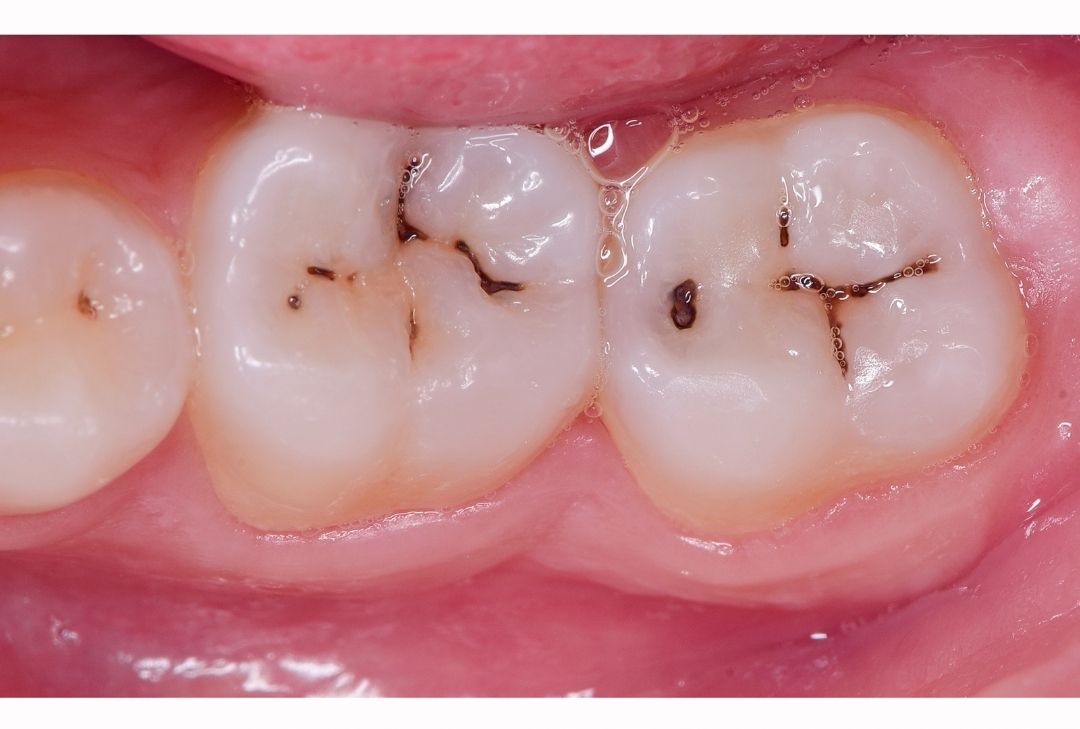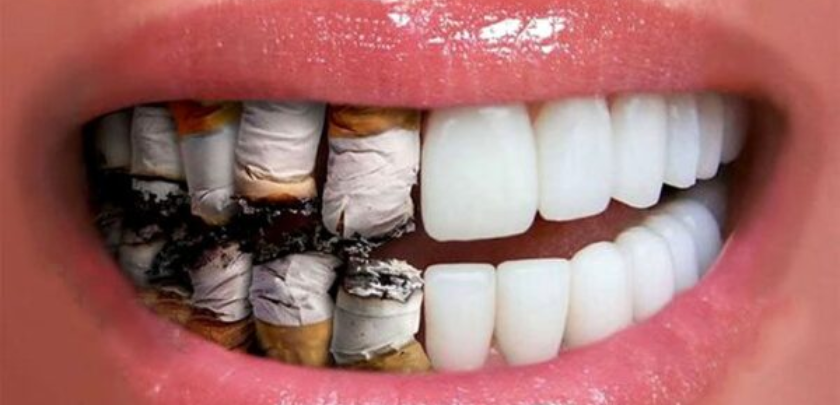Are you living with diabetes and concerned about its potential impact on your oral health? Diabetes can significantly affect your risk of developing dental problems, including gum disease, tooth decay, and dry mouth. Understanding the connection between oral health and diabetes is crucial for maintaining your overall well-being.
In this article, we will explore the ways in which diabetes can affect your oral health, the importance of regular dental check-ups, and tips for preventing dental complications. By taking proactive steps to care for your oral health, you can help manage your diabetes and maintain a healthy smile.
Diabetes and Oral Health: A Complex Relationship
Diabetes can have a significant impact on oral health, increasing the risk of various dental problems. Studies have shown that people with diabetes are more likely to develop gum disease, tooth decay, and dry mouth. This connection is multifaceted and involves several factors:
- Impaired immune system: High blood sugar levels can weaken the immune system, making individuals with diabetes more susceptible to infections, including those that affect the gums and teeth.
- Reduced blood flow: Diabetes can reduce blood flow to the gums and teeth, hindering the body’s ability to fight infections and promote healing.
- Nerve damage: Diabetic neuropathy can affect the nerves in the mouth, leading to numbness or tingling and making it difficult to detect early signs of oral health problems.
- Increased risk of infection: High blood sugar levels can create an environment that is conducive to the growth of bacteria, increasing the risk of gum disease and tooth decay.
Signs of Oral Health Problems in People with Diabetes
People with diabetes may experience various oral health problems due to the disease’s impact on the immune system, blood flow, and nerve function. Here are some common signs to watch for:
- Gum disease: This condition is characterized by red, swollen, or bleeding gums. In advanced stages, gum disease can lead to tooth loss.
- Tooth decay: Diabetes can weaken the immune system, making individuals more susceptible to tooth decay. Signs of tooth decay include cavities, pain, and sensitivity to hot or cold temperatures.
- Dry mouth: Reduced saliva production can lead to dry mouth, which can increase the risk of tooth decay and gum disease.
- Sores or ulcers in the mouth: These sores can be painful and may take longer to heal in people with diabetes.
- Loose teeth: Gum disease and bone loss can cause teeth to become loose.
- Difficulty chewing or swallowing: This can be a sign of advanced gum disease or other oral health problems.
If you notice any of these signs, it’s important to see your dentist for a thorough examination. Early diagnosis and treatment can help prevent serious complications and maintain good oral health. Don’t wait. Contact Albania Dental Agency today for a free consultation.
A Healthy Smile for People with Diabetes
Individuals with diabetes can take several steps to protect their oral health:
- Maintain good blood sugar control: Consistent blood sugar management is crucial for preventing complications, including dental problems. Work closely with your healthcare provider to develop a personalized diabetes management plan.
- Brush your teeth twice a day and floss daily: Good oral hygiene is essential for everyone, but it’s especially important for people with diabetes. Use a soft-bristled toothbrush and fluoride toothpaste to remove plaque and bacteria.
- See your dentist regularly: Schedule regular dental check-ups at least twice a year to monitor your oral health and address any issues early on.
- Manage dry mouth: Use a mouthwash or saliva substitute to keep your mouth moist and prevent tooth decay.
- Quit smoking: Smoking can worsen gum disease and other dental problems.
- Eat a healthy diet: A balanced diet rich in fruits, vegetables, and whole grains can support your overall health, including your oral health.




















